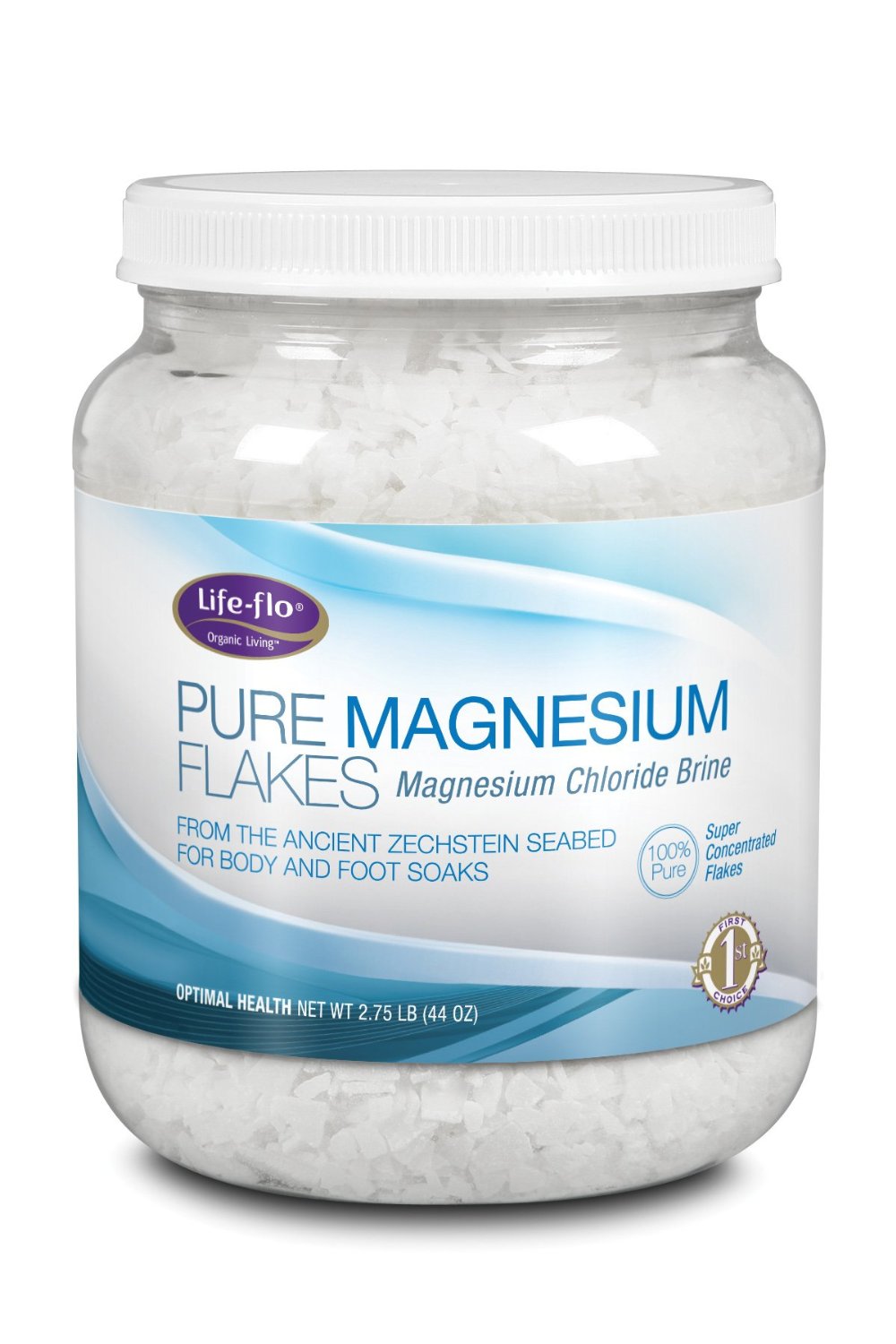Q: I’ve been experiencing a lot of gas and bloating after eating lately. I’ve been eating out at work more, which I know doesn’t help, but I just feel like so often when I eat now, the food is just sitting like a rock in my stomach. Is there anything natural you’d suggest that could help? Maybe this is just part of getting older.
A: Absolutely there are things that can help, and the simple thing I’d recommend most would be digestive enzymes. Digestive enzymes work by helping to break down the foods we eat- carbohydrates, fats, fiber, and proteins- into smaller particles that our body can use. Our bodies produce digestive enzymes naturally, though that amount decreases as we age, which is a large part of why as the years pass, many people begin to have digestive issues, when they never did before.
In nature, all animals except for humans and pets, eat their foods raw, whole, and organic, foods that contain abundant enzymes which help the digestive process. When we eat whole, fresh, raw foods, the enzymes the food naturally contains go a long way in helping our bodies to break it down for digestion.
With our modern lifestyle, however, the majority of foods we eat are cooked, stored, and processed, which destroys a large part of those beneficial enzymes. This puts the pressure on our bodies to make more enzymes and work much harder to completely digest the food we’ve eaten. Our bodies were simply not made to have to do that. They can, but over the years, digestion can become impaired, leading to digestive issues like bloating, stomach pains, and even food sensitivities or intolerances. Our pancreas and salivary glands do make enzymes, but they are meant to top off the enzymes naturally present in foods, not to be adequate on their own.
The solutions are these: number one, eat a raw food diet (something that is tricky to do and difficult to sustain in the long run), or number two, supplement with digestive enzymes.
I love digestive enzymes because they are completely safe. They do not stop your body from making its own enzymes or impair anything that the body does naturally, they only are adding additional enzymes to help the body break down foods easier.
Proper digestion is crucial for overall health, plus, it just makes life better, and enzymes are an easy way to help. Enzymes can be beneficial for everyone, whether you are having digestive issues all the time or only occasionally. For a person with chronic bloating and digestive troubles, I’d recommend an enzyme supplement with each meal. Enzymes need to be taken with your food to be work, so getting in the habit of taking enzymes when you eat can make a big difference.
I have good digestion, thankfully, but even someone without chronic digestive troubles can benefit from an enzyme supplement occasionally. I always keep a bottle in the house just in case. They’re fantastic for those times when you may have eaten too much, or when something just doesn’t agree with you.
Digestive enzymes can also be helpful for people with food sensitivities or food intolerances. Food sensitivities (which medical professionals are not saying is the correct term, rather than a food intolerance) are different than an allergy. If you have an allergy to a food, or a disease like Celiac, digestive enzymes will not help you, because it’s important to completely avoid those problem foods. In the case of a food sensitivity, however, the trouble is often that the body is unable to produce the enzymes to digest a certain food, whether it’s dairy, wheat, or what have you, which will then cause digestive distress when that food is eaten. Improper digestion of specific foods can cause, gas, bloating, constipation, diarrhea, and more. Supplementing with a full spectrum enzyme complex can help with digesting those foods, reducing or eliminating the symptoms of improper or incomplete digestion.
We have many fantastic enzyme supplements available at the store, though the one I’d recommend the most is Solgar’s Comfort Zone Digestive Complex. They’re vegetarian capsules (which I love since I hate swallowing tablets) that combine eleven different natural enzymes to which work together to break down hard to digest foods. In addition to a full spectrum of enzymes, Solgar’s Comfort Zone enzyme also contains a mixture of herbs like ginger, fennel, chamomile, and others which help to calm and soothe the stomach. For chronic digestive issues, I’d recommend taking one with each meal, though they can also be taken as needed for occasional indigestion.
Digestive enzymes are something everyone could benefit from at one time or another. I’d really recommend giving them a try if you’re suffering from digestive issues!










